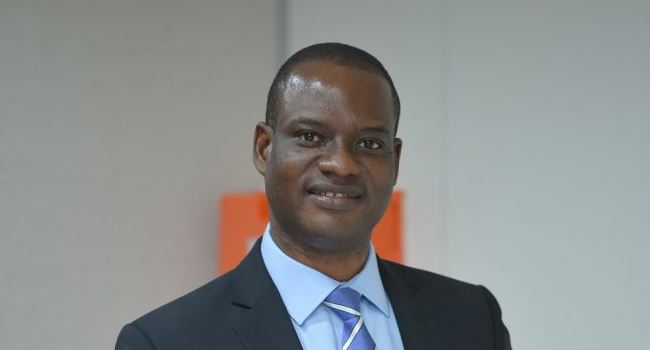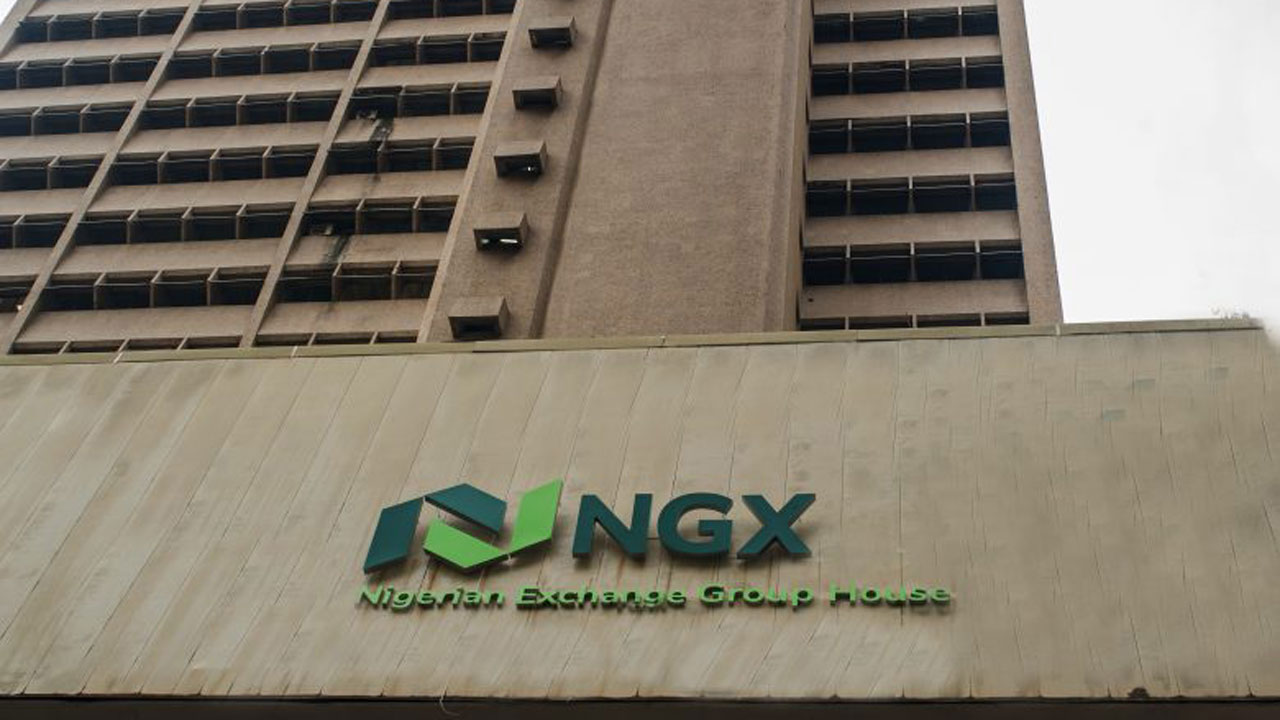In a move to modernize tax administration and enhance compliance, the Federal Inland Revenue Service (FIRS) has commenced a nationwide stakeholder engagement campaign ahead of the pilot phase of its e-invoicing solution.
The initiative, which targets large taxpayers across key sectors, aims to streamline tax processes, reduce revenue leakages, and align Nigeria’s tax system with global best practices.
The campaign kicked off in Lagos with a stakeholders’ forum attended by representatives from various sectors, including oil and gas, banking, manufacturing, and services. The event provided a platform for the FIRS to educate stakeholders on the intricacies of the e-invoicing system while addressing concerns and questions from participants.
In her welcome address, Amina Ado, Coordinating Director of the Large Taxpayer Group at FIRS, emphasized the strategic importance of the e-invoicing solution. Represented by Olatunji Olabode, Director of Large Taxpayer, Telecoms & Finance, Ado stated that the pilot phase would initially focus on large taxpayers who conduct millions of transactions daily or weekly.
“The e-invoicing system is not just a technological innovation but a strategic enabler that aligns with international best practices, it ensures seamless tax compliance, reduces revenue leakages, and enhances the ease of doing business in Nigeria. The FIRS plans to commence the pilot phase with selected large taxpayers.” Ado said.
The e-invoicing solution is designed to generate electronic invoices with embedded tax elements, such as invoice numbers, descriptions of goods or services, applicable taxes (including VAT), tax rates, and amounts payable. These invoices can be created using PCs, mobile devices, tablets, or cloud-based platforms, ensuring flexibility and accessibility for businesses.
A key feature of the system is the Invoice Reference Number (IRN), a unique identifier assigned to each invoice. The IRN enables buyers, sellers, tax authorities, and financial institutions to verify the authenticity of invoices in real-time, thereby enhancing transparency and accountability.
During the engagement session, stakeholders raised concerns about potential challenges, particularly in sectors like manufacturing and oil and gas. Manufacturers highlighted issues related to returned goods, whose invoices would already be documented in the e-invoicing system. Meanwhile, representatives from the oil and gas sector pointed out difficulties in invoicing multiple retail transactions, especially those paid for in cash and not immediately tracked.
Mike Adoga, Head of the Tax Automation Department at FIRS, addressed these concerns, assuring stakeholders that the system has been designed to accommodate such peculiarities.
“The e-invoicing solution allows invoices to be inputted in real-time or near real-time, we are still gathering feedback and learning from stakeholders to ensure the system meets the needs of all sectors,” Adoga explained.
The e-invoicing system will be integrated with the FIRS’s central platform through licensed access point providers, facilitating the seamless exchange of invoice data. This integration will enable the government to monitor tax compliance and filing in real time, significantly reducing opportunities for tax evasion.
The FIRS’s move to implement e-invoicing comes as part of broader efforts to digitize Nigeria’s tax administration system. By leveraging technology, the agency aims to improve efficiency, reduce administrative burdens on taxpayers, and boost government revenue.
As the pilot phase prepares to roll out, the FIRS has reiterated its commitment to working closely with stakeholders to ensure a smooth transition. “This is a collaborative effort; we are committed to addressing all concerns and ensuring that the e-invoicing system benefits both taxpayers and the government.” Ado emphasised.













